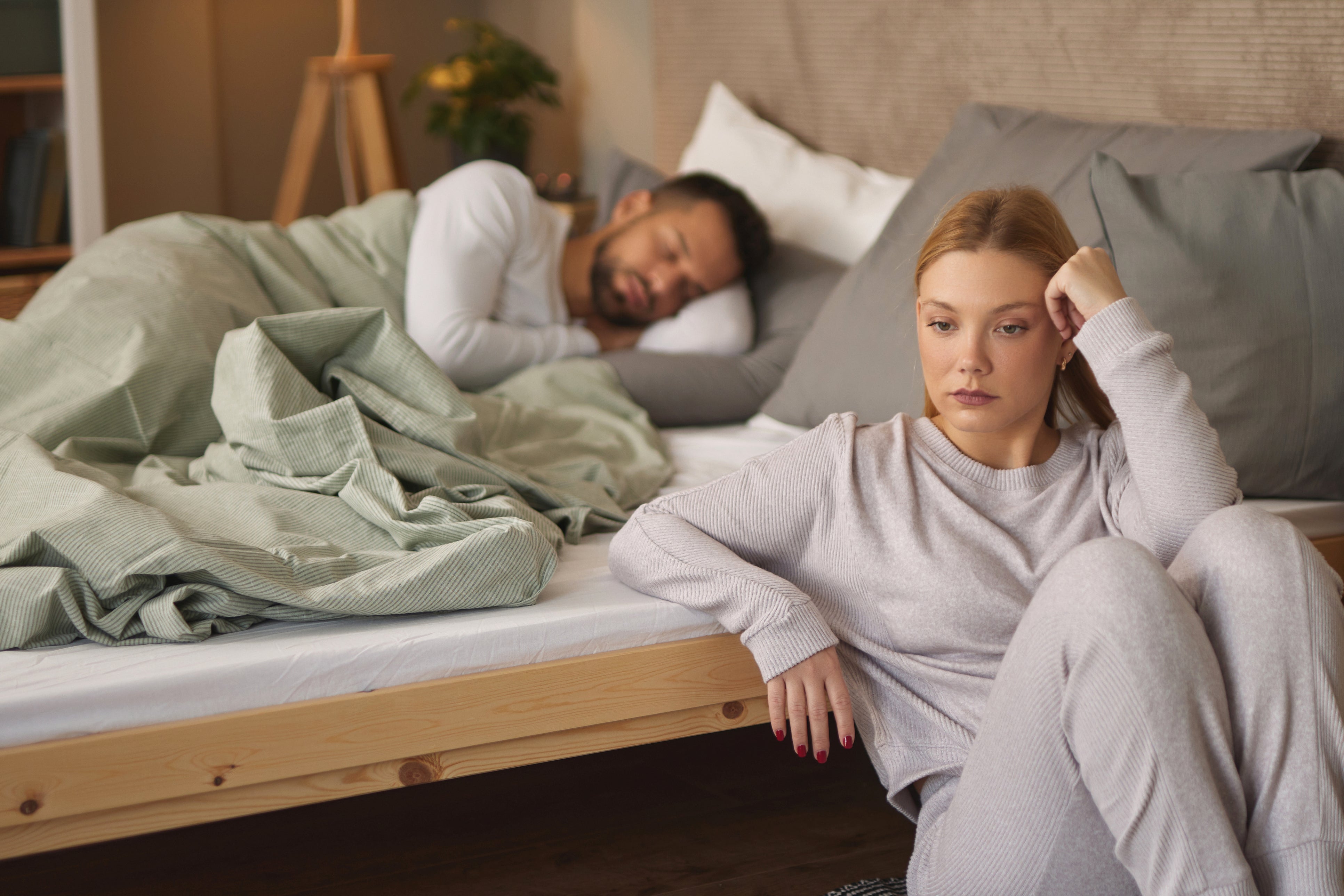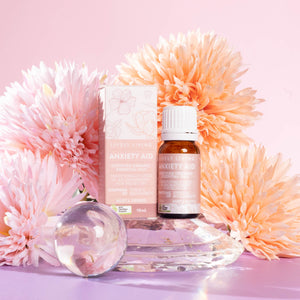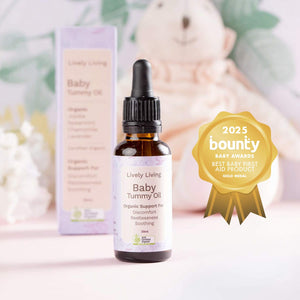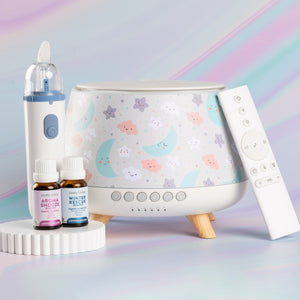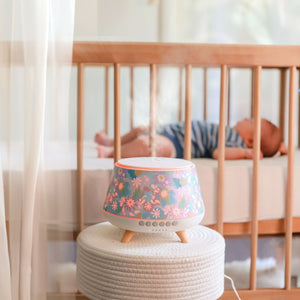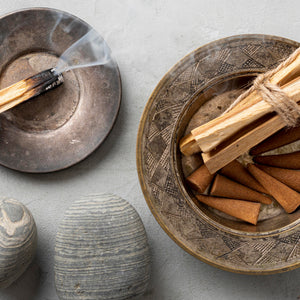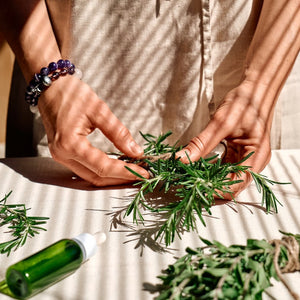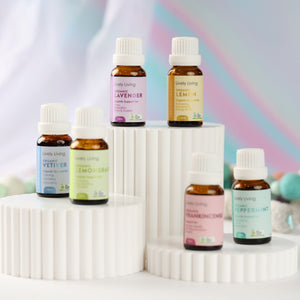Best Essential Oils for Depression: Natural Support for Mental Health
Living with depression can be overwhelming. There are ways to support your mental well-being. Many turn to traditional and alternative therapies, including essential oils for depression treatment. This post explores essential oils and how they might complement treatments. Choosing the right oils and using them correctly is crucial. Let's explore using essential oils for depression within a holistic approach.
Table Of Contents:
- Understanding Essential Oils and Depression
- Best Essential Oils for Easing Depression Symptoms
- Safe Practices When Using Essential Oils
- Other Essential Oils and Methods for Depression
- FAQs about Best essential oils for depression
- Conclusion
Understanding Essential Oils and Depression
Essential oils are concentrated plant extracts filled with aromatic compounds. These compounds interact with our bodies, impacting our nervous system. So how does aromatherapy work with depression?
The Science Behind Aromatherapy and Depression
A recent study highlights how some essential oils may support depression treatment by increasing serotonin. This neurotransmitter is a mood booster and regulates functions like sleep. It explains why sunlight or good chocolate has positive effects.
Traditional antidepressants focus on rebalancing brain neurotransmitters. Aromatherapy supports emotional and mental well-being. Researchers are exploring this mind-body connection at the molecular level.
Evidence shows promise, but faces limitations. It’s hard to design experiments that prove a direct link between scent and emotion. Studies suggest aromatherapy has a helpful influence, especially with anxiety symptoms.
Almost half of those with anxiety and stress turn to complementary therapy. Many look to essential oils alongside conventional treatments. Using aromatherapy as a complementary treatment shouldn't replace doctor-prescribed regimens. These findings don’t mean replacing medication with essential oil.
Best Essential Oils for Easing Depression Symptoms
While more high-quality research is needed on what constitutes best essential oils for depression symptoms, existing studies show promise for certain oils and properties to help with the adverse effects associated with depression. It's crucial to seek advice from health professionals before using them for treating depression. Keep in mind that plant extracts and oils can have interactions and adverse effects.
Lavender: Relaxation and Better Sleep
Lavender promotes calmness. Research shows it may reduce anxiety, decrease stress, and improve sleep quality. A 2016 study found lavender oil aromatherapy improved sleep for college students with mild sleep disturbances. Such sleep issues may indicate early stage, subclinical mood disorders.
Wild Ginger: Tackling Depression-Like Behaviors
Wild ginger (Asarum heterotropoides) has shown promise in preclinical trials. These indicated a potential reduction of depression-like behaviors.
Humans have more complex emotions and cognitions. Ongoing research with individuals diagnosed with major depression is essential for evidence-based essential oils treatment guidance. Wild ginger continues to be studied for its role in mental health.
Bergamot: Lifting Spirits
Bergamot's citrusy aroma is linked to positive mood elevation, potentially lowering stress. It may also relieve some depression symptoms. Bergamot essential oils has been shown to reduce anxiety, particularly anticipatory anxiety before surgery.
Some find bergamot helpful for managing anxiety and low mood. Its scent can provide an immediate mood boost. It offers a positive uplift.
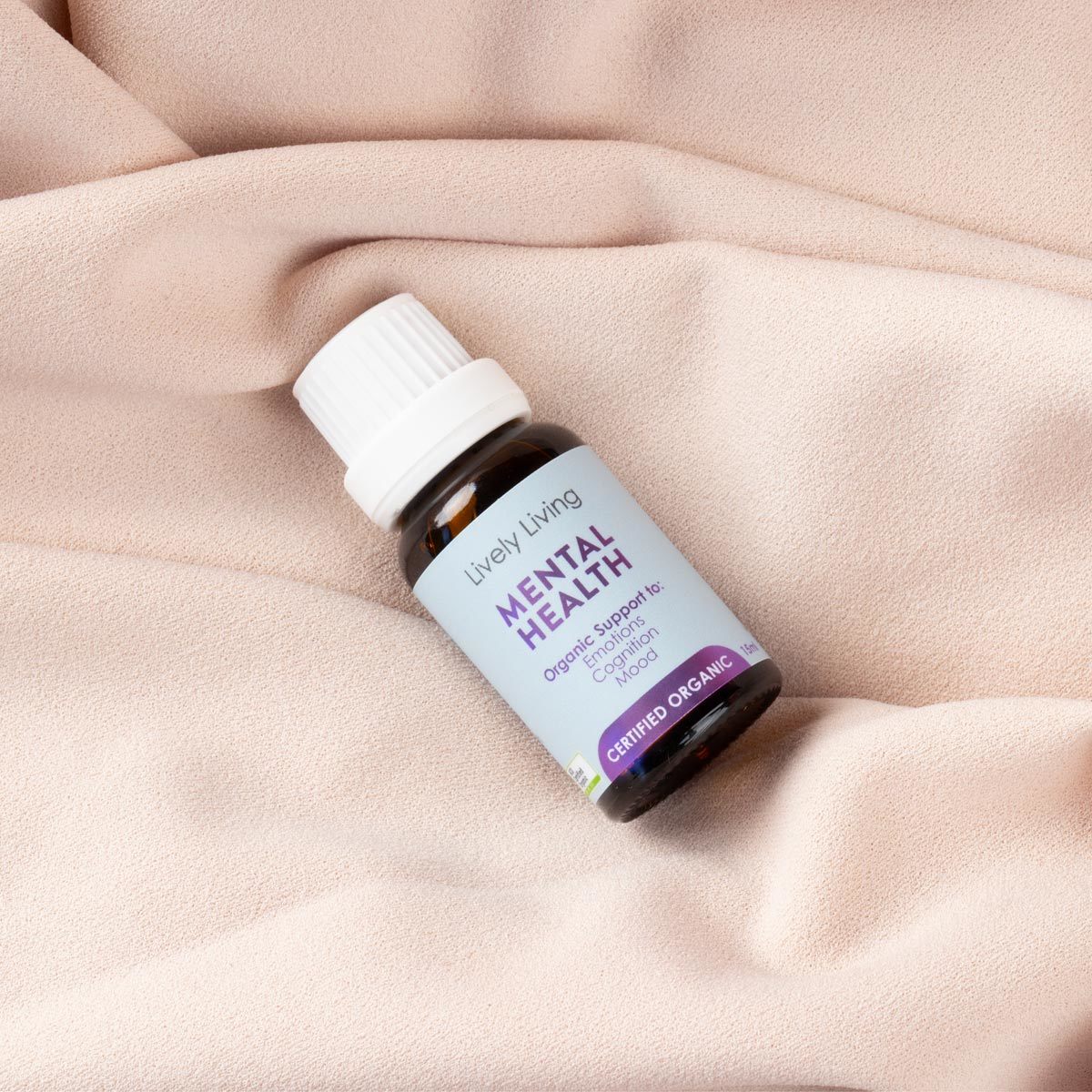
Safe Practices When Using Essential Oils
Using essential oils safely is paramount. Consult with a mental health professional about adverse effects before starting any new regimen. Always prioritize following clinical trial quality information when available.
Patch Test: Avoiding Skin Reactions
Before using any new essential oil, perform a patch test. Apply a diluted version to a small skin area. This helps identify potential skin reactions or allergies.
Mix a few drops of the essential oil with a carrier oil like coconut or olive oil. Also, test the carrier oil alone on a separate small area. This ensures accurate results before wider use. Essential oils include many different compounds, some which can cause allergic reactions or skin irritation. You should understand that plant extracts can cause issues like oils interact, allergic reactions, and skin irritation. There can also be issues with essential oils interact.
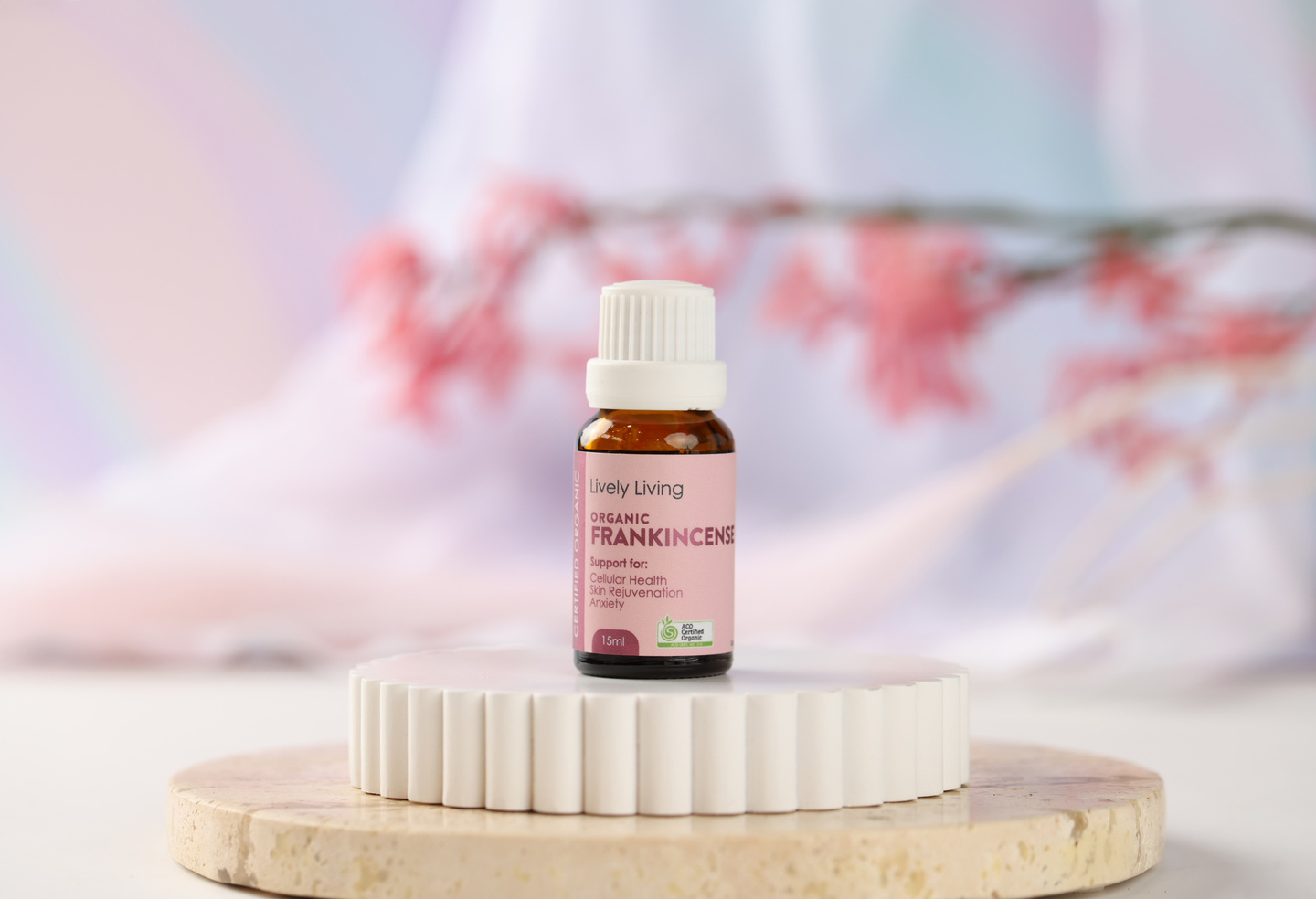
Dilution for Topical Application
Dilute essential oils before applying them to your skin. Add about 10 drops of essential oil to 10ml of carrier oil like coconut, olive, almond, grapeseed, or jojoba oil. These carrier oils are derived from botanical sources and are generally safe for topical use.
You can also add essential oils to bathwater or a diffuser. Avoid combining oils unless research supports their combined use. Consult with a professional before trying new blends or if you are using oils to treat medical or psychological symptoms. You might like to try our pre blended pure essentials that have helped alot of people with Depression, including Anxiety Aid, Mental Health and Stress Relief.
Other Essential Oils and Methods for Depression
Many essential oils are used traditionally for depression. Plus Evidence suggests essential oils may help those experiencing depression. Oils may support mental health and provide benefits for sleep disturbances and reduce anxiety.
Promising Oils and Blends
Here are some common essential oils, often blended for specific benefits. Blending may create synergy, potentially offering enhanced support for those experiencing depression or anxiety:
| Essential Oil | Potential Benefits |
|---|---|
| Chamomile | Calming, sleep-promoting |
| Sweet Orange | Mood lifting, stress-relieving |
| Ylang Ylang | Relaxing, balancing emotions |
| Frankincense | Grounding, balancing |
Aromatherapy Massage: A Synergistic Approach
Massage itself can reduce negative feelings by lowering blood pressure and calming nerve activity. This reduces tension throughout the body.
Research indicates a blend of frankincense, lavender, and bergamot in a carrier oil like almond oil can ease physical pain and psychological distress in individuals facing terminal cancer. Other beneficial blends include rose, jasmine, sandalwood, and neroli. These can be used in massages or broader skin applications. Always consult with a health professional about oils safely. Consider whether oils interact in a positive manner, whether you might have any allergic reactions, and remember that essential oils interact.
FAQs about Best essential oils for depression
FAQ 1: Which essential oil is best for severe depression?
While oils like lavender show promise, essential oils are not a primary treatment for severe depression. They should be part of a comprehensive treatment plan guided by a licensed medical or mental healthcare professional. Essential oils should be a part of conventional treatments, not replace them. Do not consider essential oils for depression treatment to be a primary way to support depression treatment, and don't think it's going to cure depression.
FAQ 2: Which essential oils are best for mental health?
Lavender, chamomile, and bergamot may help with certain mental health symptoms. This includes symptoms related to mood, anxiety, and stress, among others. Consult a medical professional or mental health professional for personalized guidance on essential oils for anxiety disorders and related issues. Essential oils include compounds that have helped depression people but may not be a replacement for conventional treatments.
FAQ 3: What is the best oil for anxiety and depression?
Individual responses vary. Many with mild symptoms use oils like lavender to boost mood and promote relaxation. Discuss with your medical or mental health professional about oils interacting with any current medical conditions. Oils relieve stress but do not cure depression. Essential oils interact differently in individuals.
FAQ 4: What essential oils release serotonin and dopamine?
Citrus oils like bergamot, florals like lavender, and woodsy oils like sandalwood may increase serotonin production. Others may influence neurotransmitters like dopamine, which impacts attention and concentration. Always talk to health professional for medically reviewed information about your specific condition. Suggestions that essential oils increase dopamine or serotonin often lack scientific evidence and are based on preclinical evidence. While research suggests essential oils can help depression, the evidence available may be limited to small sample sizes
Conclusion
While essential oils don't cure major depressive disorder, they can complement treatment plans. Use them under the guidance of a healthcare professional for optimal safety and benefit. Essential oils offer a potential pathway to support mental well-being when integrated into a holistic and medically sound approach. Many find essential oils helpful with mental health issues but you must first learn whether oils safely interact with any medications. If you experience any adverse effects or allergic reactions then seek medical advice.
```










